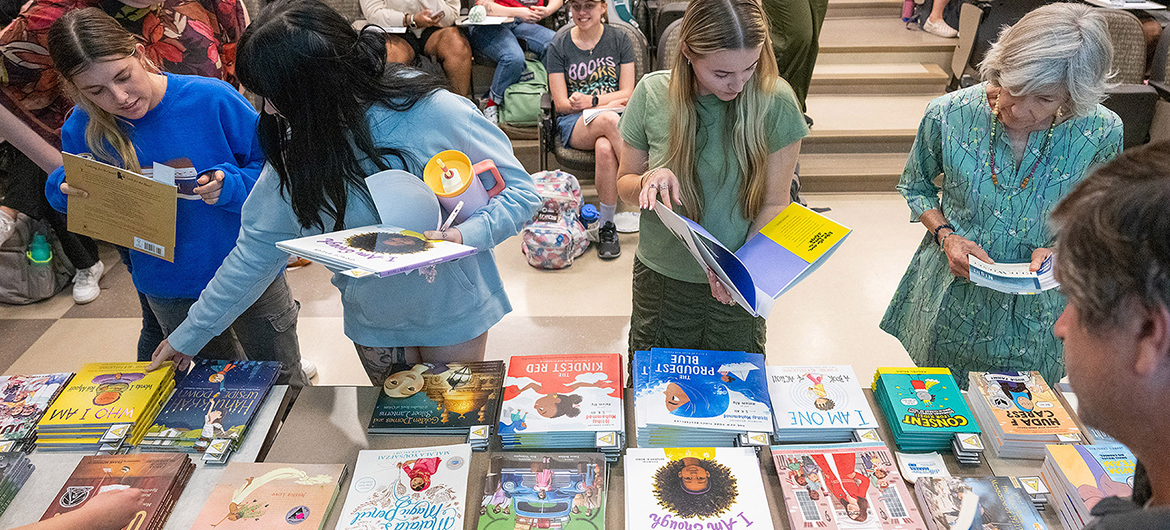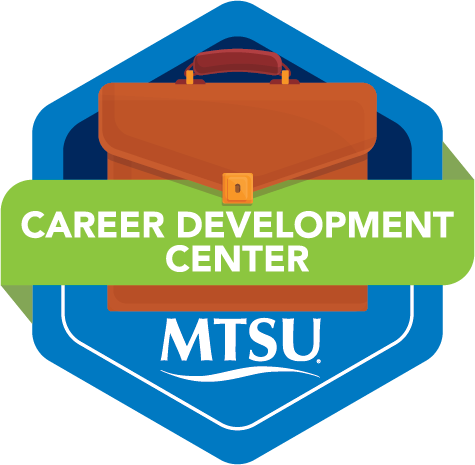
Literacy
Prepare for a changing future and pursue TN licensure as a Reading Specialist or ESL educator. Fully online.
Literacy, M.Ed.
The Master of Education (M.Ed.) degree in Literacy equips educators to become enthusiastic teachers, motivated readers, skillful researchers, and ethical users of information. In the online M.Ed. in Literacy coursework, candidates examine issues related to literacy education in public schools. They explore tools and strategies used in quantitative and qualitative educational research methods. They develop expertise in working with struggling readers, administrative literacy leadership skills, children's and adolescent literacy and online media skills. The technology-embedded instruction, and collaborative content integration enhance literature study in classrooms.
Literacy Specialists have a life-changing impact upon their students' lives. Teachers impact the quality of students' lives and provide necessary tools for their learners to face an ever-evolving future. Literacy is fundamental to understanding all academic disciplines — reading, writing, communication, math, science, and even art. Literacy empowers the imagination and enables students to prepare for changes as they occur. In some situations, literacy provides the mechanism to lift individuals out of poverty or remain upwardly mobile on the socio-economic ladder.
Master's in Literacy Options
Educators who complete the Masters in Education in Literacy degree program are qualified for Tennessee add-on licensure as a PreK-12 Reading Specialist after three successful years of classroom experience.
An option available within the Literacy, M.Ed. program electives allows candidates the opportunity to receive additional training. Successful completion of three designated courses in ESL provides a pathway for them to receive PreK-12 Tennessee ESL (English Second Language) licensure. Like the Reading Specialist TN Licensures in PreK-12, ESL licensure requirements include three years of classroom experience, and completing the advanced coursework addressing ESL that is embedded within the Literacy, M.Ed. program of studies.
This non-thesis online Master's in literacy degree features a practicum in literacy, and an Action Research Project. The last semester of coursework includes an oral comprehensive presentation for faculty. Candidates who complete the Literacy, M.Ed. degree program receive a wealth of information that will allow them to provide more informed service to the schools where they are employed.
News Briefs

MTSU literacy expert talks about reading with your kids, suggests books for parents on WKRN ‘MTSU on 2’ segment [+VIDEO]
By Kristen Keene NASHVILLE, Tenn. — An associate professor in Middle Tennessee State University’s College of Education, Katie Schrodt is a vocal advocate for family literacy — recently receiving a grant to engage community schools in literacy events and working to underscore how high-quality, culturally sustaining books can make a big difference in the development of [ Read More ]

MTSU’s ‘Let Freedom READ’ event brings attention to National Banned Books Week
College of Education, MT Engage Week, banned books, National Banned Books Week, special events, lectures and guest speakers, MTSU, Middle Tennessee State University, Katie Schrodt, Elementary and Special Education[ Read More ]
News Briefs

MTSU literacy expert talks about reading with your kids, suggests books for parents on WKRN ‘MTSU on 2’ segment [+VIDEO]
By Kristen Keene NASHVILLE, Tenn. — An associate professor in Middle Tennessee State University’s College of Education, Katie Schrodt is a vocal advocate for family literacy — recently receiving a grant to engage community schools in literacy events and working to underscore how high-quality, culturally sustaining books can make a big difference in the development of [ Read More ]

MTSU’s ‘Let Freedom READ’ event brings attention to National Banned Books Week
College of Education, MT Engage Week, banned books, National Banned Books Week, special events, lectures and guest speakers, MTSU, Middle Tennessee State University, Katie Schrodt, Elementary and Special Education[ Read More ]
Related Media

Literacy, M.Ed.
Graduates from the Literacy program work in a variety of positions within public schools or private settings. Examples include, but are not limited to:
- Classroom teacher
- Literacy coach
- Literacy tutor
- Mentor teacher
- Reading interventionist
- Reading specialist
Literacy program alumni employers include:
- Metro-Davidson Schools
- Murfreesboro City Schools
- Rutherford County Schools

MTSU’s Career Development Center
MTSU offers a comprehensive Career Development Center that serves students throughout the full student experience and beyond. They collaborate with faculty and staff to equip students with the tools to be marketable to the world of work and continuing education.
Students can schedule an appointment or check online resources and job boards at mtsu.edu/career.
Students can find current internship opportunities by talking to faculty and visiting the University job and internship board called Handshake.
Wondering what you can do with your major? Check out our What Can I Do with A Major In guides.



CONTACT US





![M.Ed. Literacy Studies: Reanna Richards [60 sec]](https://i.ytimg.com/vi/buBRv-ZB0z4/sddefault.jpg)
![M.Ed. Literacy Studies: Haley Pugh [100 sec]](https://i.ytimg.com/vi/I66QURnxw6I/sddefault.jpg)
![M.Ed. Literacy Studies: Hannah Bowe [75 sec]](https://i.ytimg.com/vi/SnNsO7ZC1x8/sddefault.jpg)




